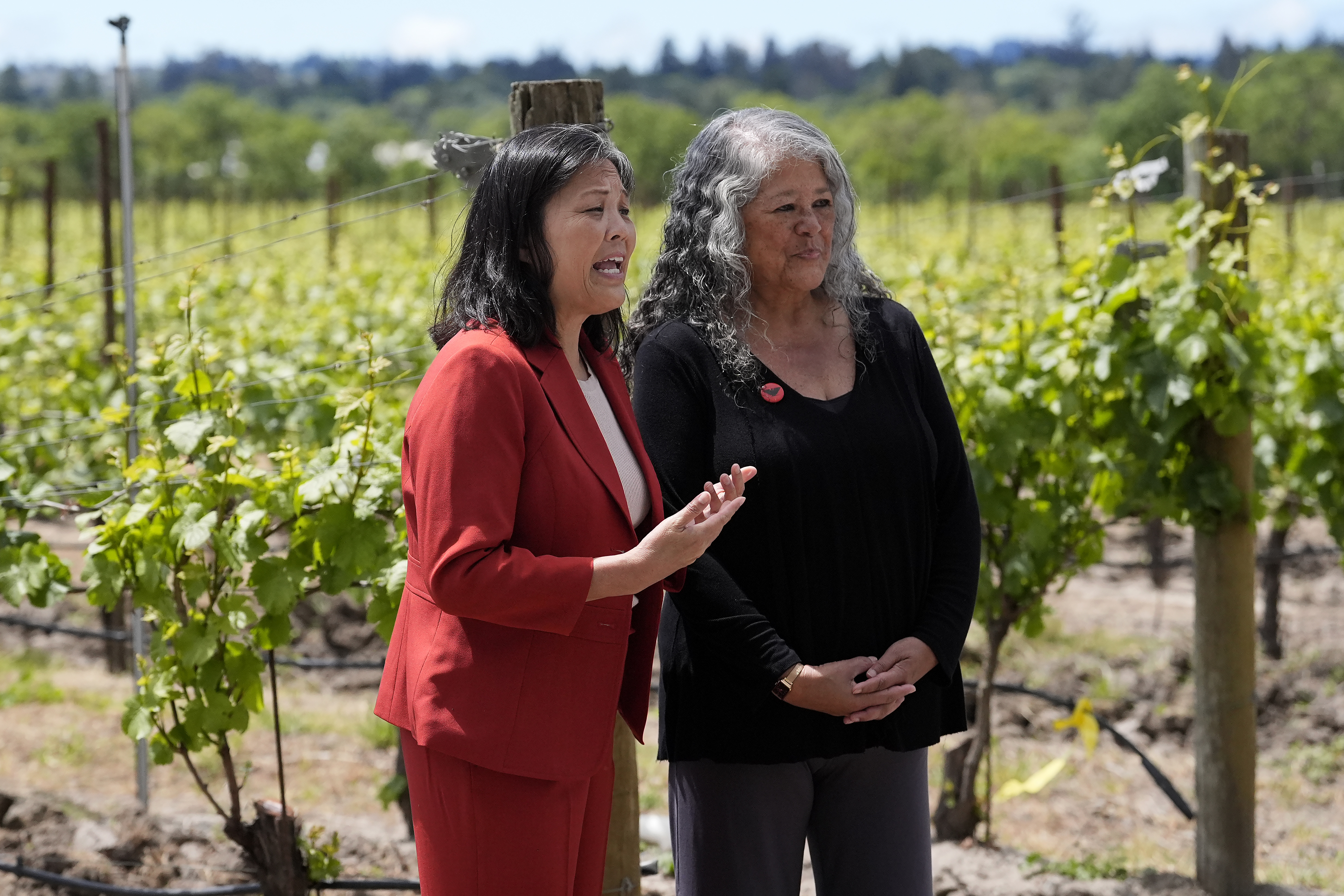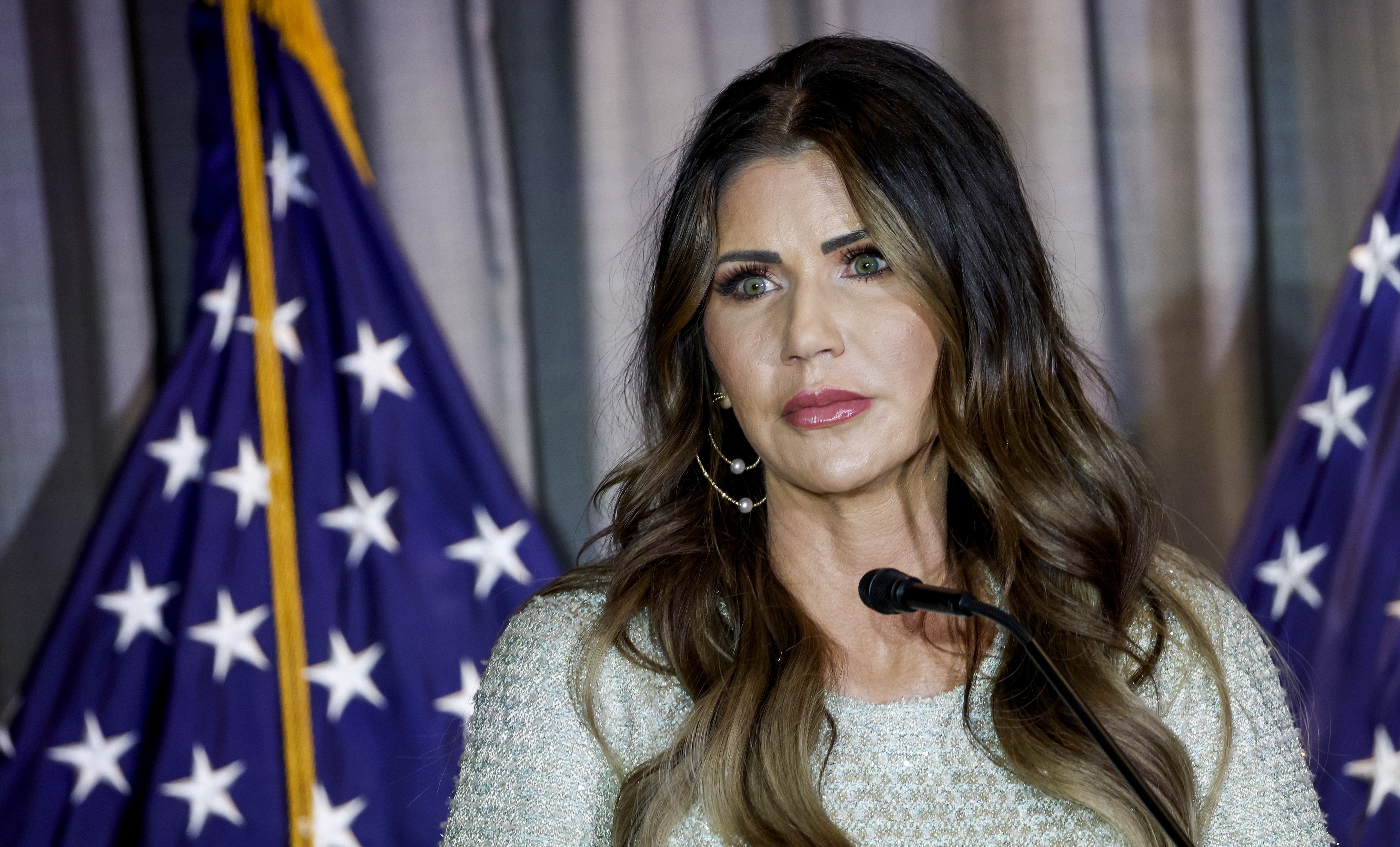You probably know a call-out specialist. They're the person who's always willing to bring up uncomfortable truths. They let it be known that Wendy has a big zit on her temple. They inform the room that Steve drunk dialed his ex-girlfriend last night and then cried about it. The Call-Out Specialist can be annoying, crude and awkward. But they're also an integral part of any social group, working to keep everyone accountable.
Trey Parker and Matt Stone, the creators of “South Park,” are expert call-out specialists, and it's why the show is great. Not only that, it's why the show has endured.
There's an assumption that “South Park” is a political show, that each episode invites analysis. What does Cartman represent in this episode? Why does he hate hippies? Where do Parker and Stone stand on health care or euthanasia or the war in Iraq or the presidential election? We act as if these questions are worth asking, like they matter, like the perceived subtext of “South Park” is what makes it great.
Hogwash.
Parker and Stone definitely have opinions. Lots of opinions. But the difference between them and, say, Jon Stewart or Bill Maher is that their opinions have no agenda. In today's culture, issues tend to be boiled down to A versus B. Parker and Stone spit in the face of this paradigm and invent a different way to look at the issues, and this is where the call-out specialist idea comes into play.
For instance, take their episode about the 2004 presidential election entitled “Douche and Turd.” In the episode, South Park Elementary has an election for a new mascot, and the two nominees are a “Giant Douche” and a “Turd Sandwich.” The meaning here is obvious: John Kerry and George Bush are both unappealing candidates. Parker and Stone's message is that when faced with a Douche and a Turd, it's OK to abstain from voting. (Personally, I would've gone with the Turd Sandwich. Better costume.) However, following the episode, much of the fan debate was over which mascot represented which real-life candidate.
It’s one of the most overtly political episodes in “South Park” history, and what do we have? No candidate preference is given. No overarching political statement is made (except that P. Diddy will literally kill you if you refrain from voting). It calls out a big underlying, yet unspoken truth of the 2004 election: Neither candidate inspired a whole lot of excitement. Parker and Stone took the political debate of the time and, instead of throwing their two cents in, blew up one of the purported truths of our society — that voting is a civic duty. You may not agree with them, but their points are at least worth discussing.
U.S. & World
This is Parker and Stone's genius. They are able to change the debate by using logic. They find the dumbest wholesale ideas our society has accepted without question, and call out the responsible parties in an appropriate and often offensive manner. While they occasionally enter the political spectrum, more often they use their powers to skewer celebrities.
Destroying celebs
Parker and Stone have guts. As Hollywood icons, they have incentive not to piss people off, but they don't care. They destroyed Kanye West and Paris Hilton. They asked, “Just how crazy is Mel Gibson?” They've repeatedly mocked liberal sacred cow Al Gore. And in the premiere episode of the current season, “South Park” took on Tiger Woods.
Regardless of how you felt about that episode's quality, Parker and Stone acted once more as call-out specialists. This time, their target was everyone who acts incredulous and surprised in the wake of rich, successful, famous men who are caught cheating. Woods famously spent weeks in a rehab center for sex addiction, but we all know that was nonsense, an olive branch to the media and his family who sought some kind of retribution for his behavior. Leave it to the guys who make fart jokes to be the only ones to call Woods out on his BS and the media who willingly went along with it.
The value in calling everyone out is that it's all-inclusive. The targets aren't selected for any reason other than they've drawn Parker and Stone's ire. And, in the case of Tiger Woods, it's not even the specific person who has provided “South Park” with material — it was culture's reaction to that person.
No one is safe and no one is chosen for ridicule based on any preconceived opinion. Liberals, conservatives, hippies, anarchists, nihilists, African-Americans, fans of Michael Jackson — in any given episode of “South Park,” these groups can alternately be offended and have their beliefs reinforced. It's why so-called South Park Conservatives (a group of young Republicans who feel Parker and Stone share their worldview) are able to foolishly claim the series as a basis for a modern political belief system. It's also why “South Park” has maintained its high quality over the years.
After a few seasons, most TV shows have a difficult time finding new ground to tread. There are only so many medical mysteries House can solve, only so many ways Liz Lemon can be self-deprecating. “South Park” uses its characters to comment on the world, often in ways unseen outside of the show. (Of course, sometimes they'll plot entire episodes around minorities peeing in public water park, which comments on nothing.) It's kept the show alive and vibrant for fourteen seasons, with no letdown in sight.
So, next time your friend Carl the call-out specialist informs everyone you know that the “Most Played” playlist on your iPod is full of Ke$ha and Enya songs, just quietly nod and thank him for his candor. The call-out specialist is a necessary and helpful treasure. You need Carl, just like we need Cartman.
Oscar Dahl is a writer who lives in Seattle.



